Bloomington trash cart customers get accidental 3% discount, city loses $48K so far
Since the start of the year, Bloomington residents who get weekly trash service from the city of Bloomington have been getting an accidental 3% discount. The total amount undercharged so far, according to the Bloomington mayor’s office, is around $48,000.
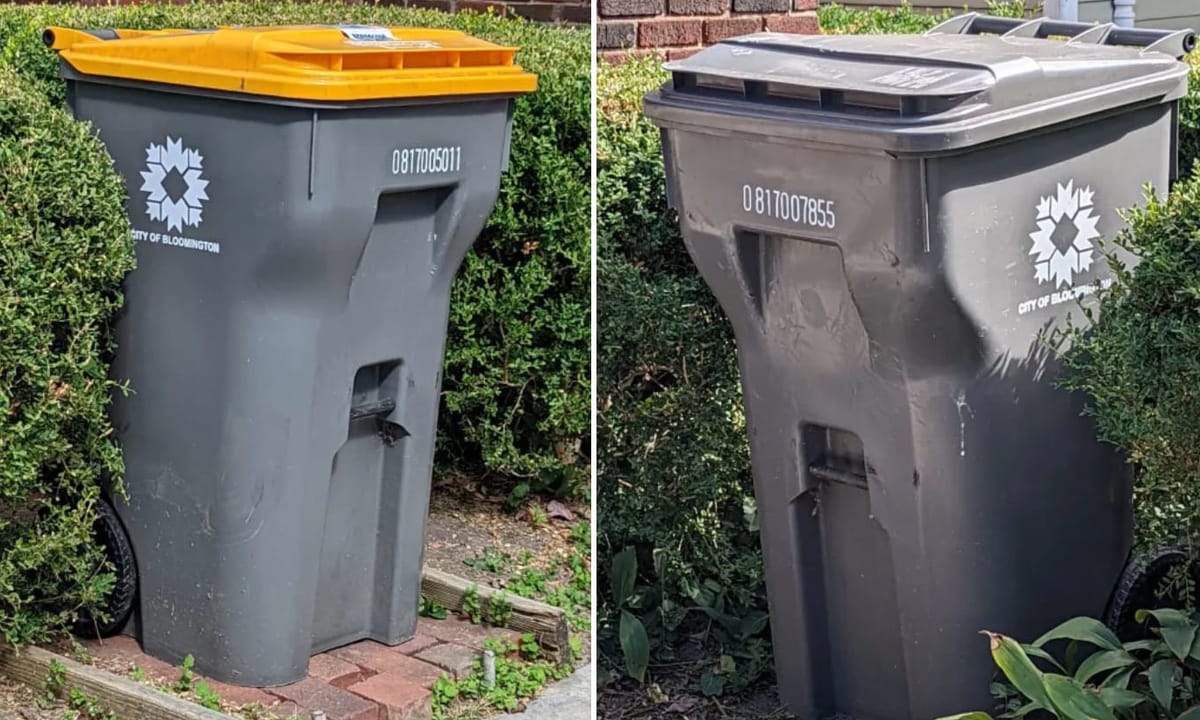
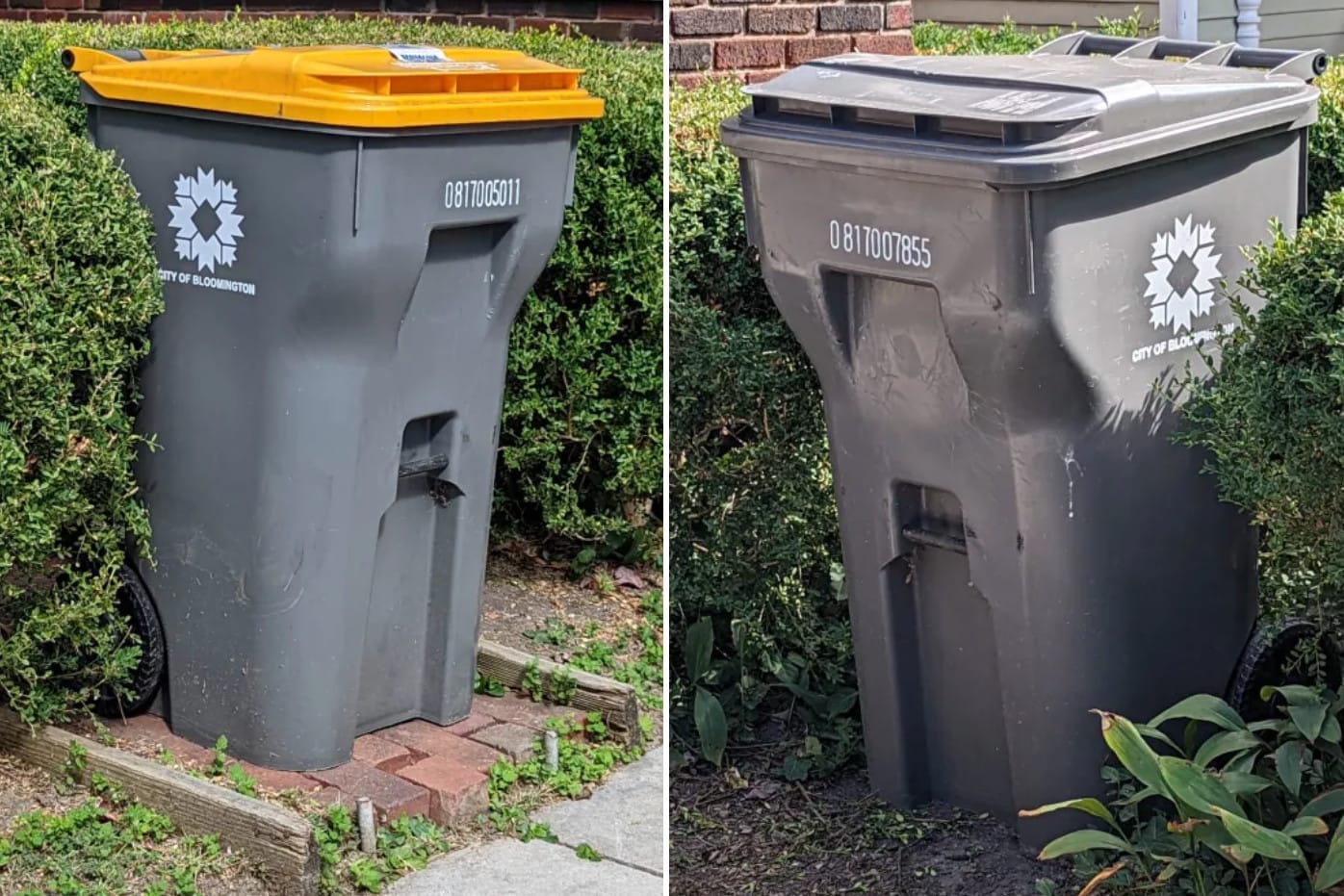
Since the start of the year, Bloomington residents who get weekly trash service from the city of Bloomington have been getting an accidental 3% discount, compared to the amount that they are supposed to pay under local law.
The total amount undercharged so far, across all cart sizes through the month of August, according to the Bloomington mayor’s office, is around $48,000.
Based on a response to B Square questions from city communications director Desiree DeMolia, Bloomington mayor Kerry Thomson’s administration does not currently know how it plans to deal with the botched bin rate, and specifically whether it will try to recoup the lost revenue with retroactive billing.
Under the ordinance approved by the city council in late summer 2023, about a 40% increase in cart fees was enacted to start 2024, with a 3% increase at the beginning of every year after that.
The fact that the 3% increase had not been applied to start the year emerged when The B Square noticed that the base year 2024 rate (instead of the new one with a 3% increase) was displayed in a slide deck that was presented at a public meeting last Monday (Aug. 25). The presentation, to the utilities service board, was meant to illustrate the impact of a proposed new drinking water rate on customer bills. Monthly trash cart fees are included on the same bill as water, sewer and wastewater charges.
On Wednesday, public works director Adam Wason confirmed to The B Square that the 3% increase had mistakenly not been applied to customer bills to start 2025.
The fee increase that the council enacted in 2023 was the result of a bitter battle on the city council that was initiated by some councilmembers who wanted to see general fund support for garbage collection removed, for policy reasons. They framed the issue as one of equity—between residents who live in buildings with four or fewer units (including single-family houses), and those who live in larger multi-family buildings.
That’s the equity breakdown, because Bloomington offers curbside waste collection service (trash and recycling) only to buildings with four or fewer units. Currently, that operation gets general fund support to make up for whatever the trash cart fees don’t cover. That allows residents to pay less for curbside waste collection than they would otherwise have to pay, if the fees covered the whole cost. The argument goes like this: That’s not equitable, because residents of multi-family buildings are not being provided with a similar amount of support to defray their costs.
A counter to the equity argument is that full cost recovery from user fees is not necessarily expected from city programs (with examples sometimes drawn from parks and recreation) and that having a clean and sanitary city is a benefit for everyone. The curbside collection service for trash is sometimes also analyzed separately from recycling, for which the city runs separate trucks. The idea is that the part of the city’s waste collection service that enjoys general fund support is the curbside recycling program.
Trash cart rates got a mention during the recent city council departmental budget hearings, when public works director Wason said this past Wednesday (Aug. 27) that the public works department would be looking at trash cart rates in the context of potential full cost recovery. Wason said, “We will also be undertaking a rate study. We’ve done some preliminary study on that to offset the amount of general fund support that goes to sanitation so that it is a revenue neutral program where the users would be paying the full cost.”
The amount of the general fund transfer so far this year—to cover the cost that trash cart user fees don’t—drew a question from councilmember Hopi Stosberg during the budget hearing. The answer was not within arm’s reach during the meeting. Based on the city’s online financial information, the full budgeted amount of $800,000 has already been transferred, and more, for a total of $839,766.
City controller Jessica McClellan responded to an emailed B Square question about the $39,766 by saying it was a part of an additional appropriation made earlier in the year for salary adjustments to cover the new pay grades in the city’s salary ordinance.
In the proposed 2026 budget, the amount of general fund support planned for curbside waste collection has been decreased, from $800,000 in 2025 to $700,000 for 2026.
Bloomington’s online financial system shows that for the four years from 2020 through 2023, the average amount of general fund support has been about $1.03 million a year. That compares to trash cart fee collections that have averaged about $1.77 million a year. In 2024, the first year after the rate increase, the amount of the interfund transfer was about $944,000, compared to $2.4 million in trash cart fees.
So far this year, the city’s online financial system shows $1.44 million in collection from trash cart fees. Based on a 3% increase, that figure should be around $1.48 million or about $43,000 less than should have been collected. The city’s own estimate of the shortfall is even more, at $48,000.
The Thomson administration does not have a plan right now to address the failure to implement the 3% increase in trash cart rates. The city’s communications director, Desiree DeMolina, responded to specific B Square questions by writing, “[R]ate changes are not something staff can simply flip on or off and this slipped through the cracks.”
DeMolina’s message implies that there is not currently enough administrative staff to provide adequate oversight on issues like rate increase implementation, and points to the planned addition of a deputy public works director position in the 2026 budget. DeMolina wrote: “One safeguard is a clear need for additional dedicated oversight. The administration has budgeted for a Deputy Director of Public Works, who will help ensure future steps like this don’t get missed.”


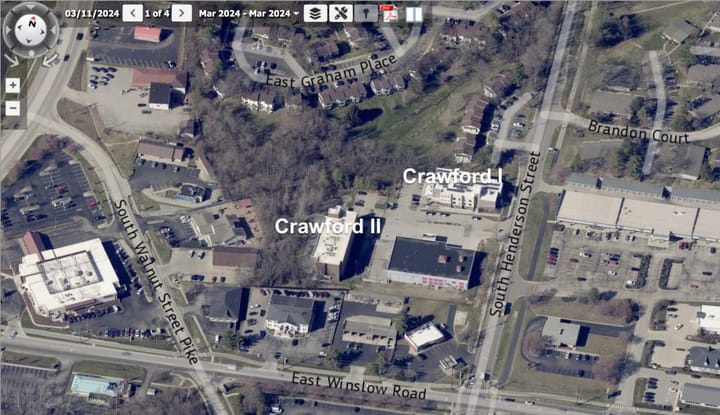
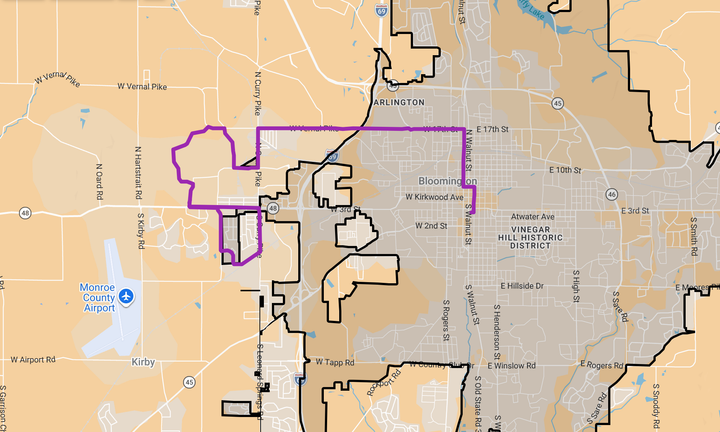
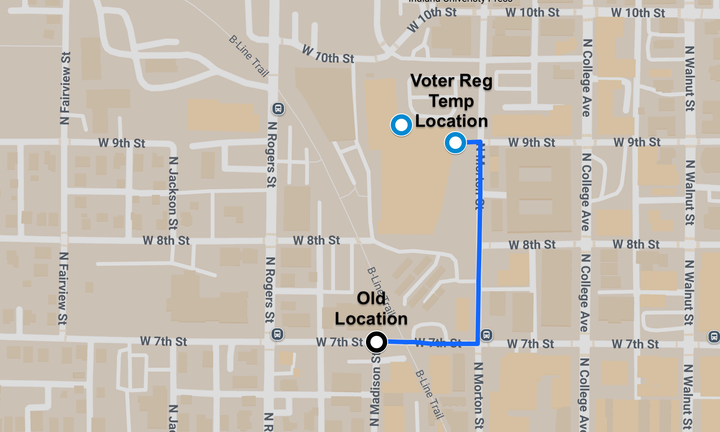
Comments ()